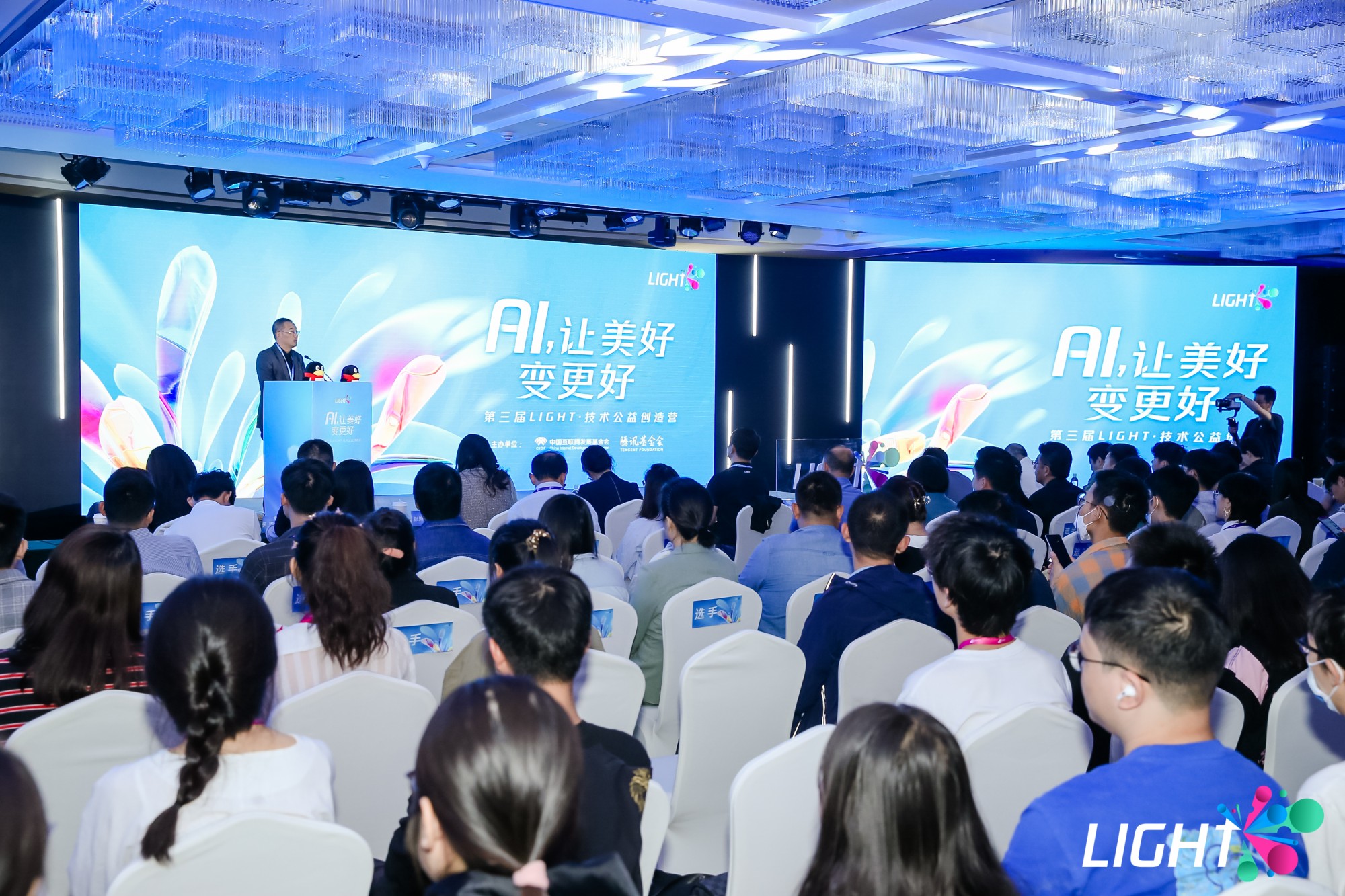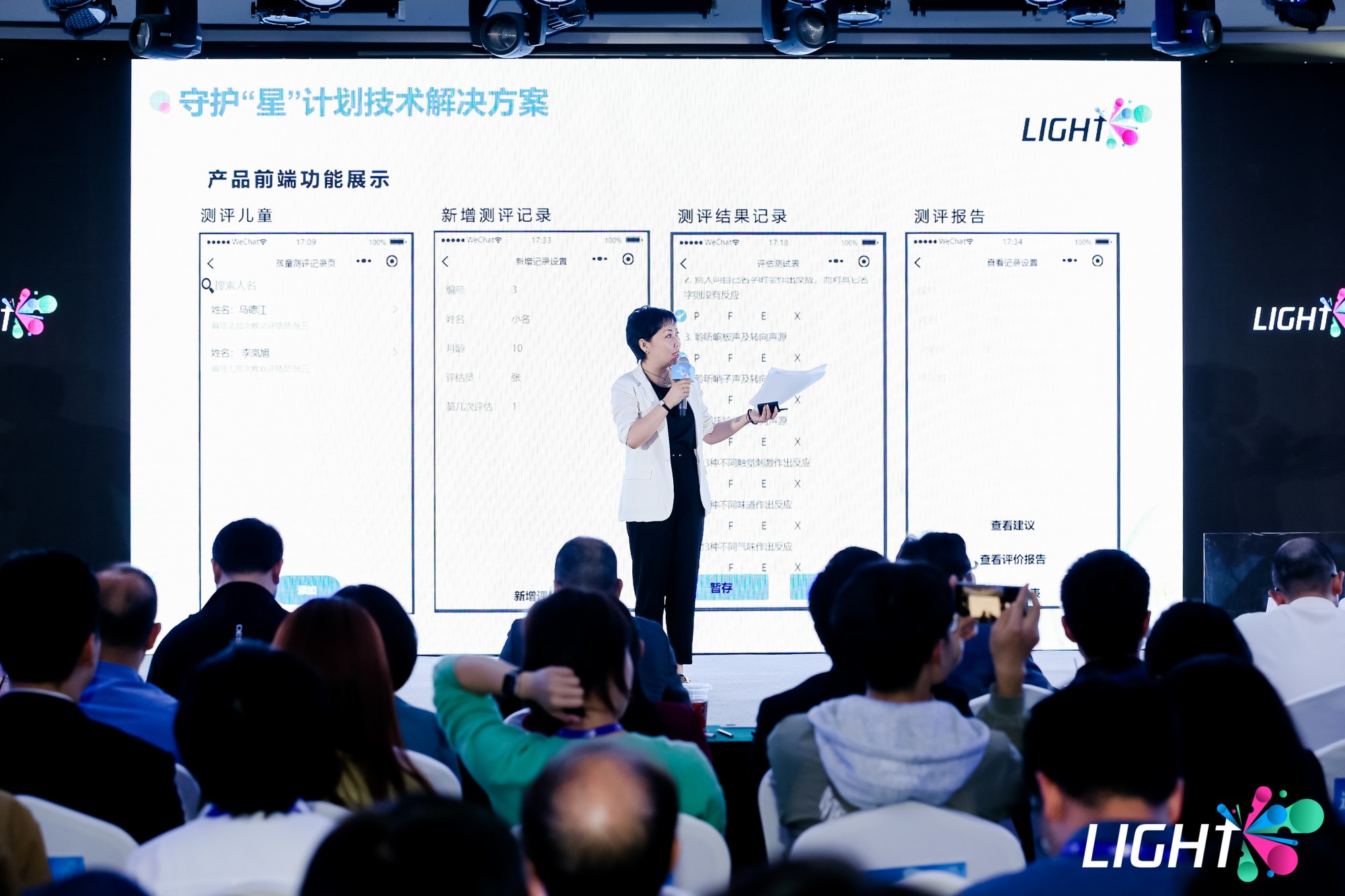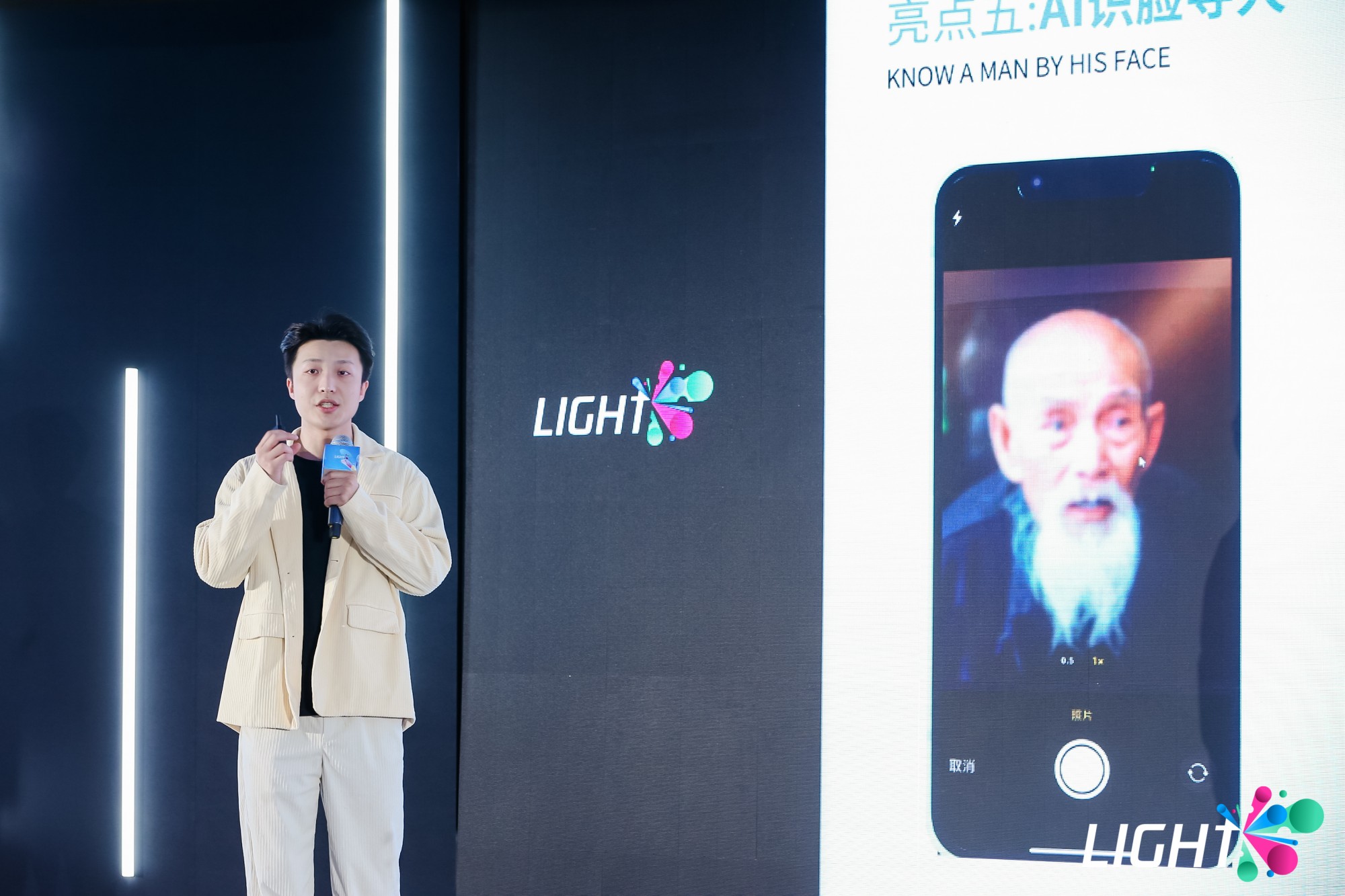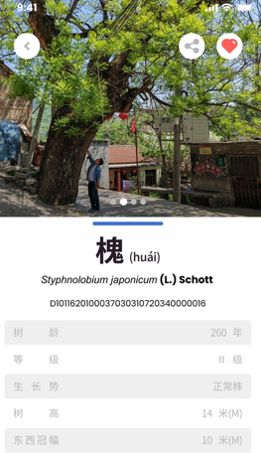The Tencent Light Innovation Camp recently concluded, providing support for social impact programs focused on children’s health, elderly safety and biodiversity protection.
From an impressive pool of 1429 proposals, 24 outstanding projects were chosen as finalists. These projects stood out for their innovative use of AI, data and assistive technologies to maximize the effectiveness of initiatives that make a tangible and positive difference to society.

As we wrap up the event, here are some highlights of innovative projects we saw this year.
Guardian Star Project: Transforming Autism Rehabilitation for Children
An estimated 13 million people are diagnosed with autism in China. Early detection and intervention are important to treatment outcomes, and that’s where the Guardian Star Project comes in. The program, led by Dumbo Elephant, aims to improve access for children with the condition to autism rehabilitation and medical diagnostic facilities by leveraging AI technology.
The team developed inclusive screening and diagnostic tools that minimize data input errors and provide accurate assessments through standardized questionnaires and scoring methods. AI databases help generate personalized training plans for rehabilitation instructors to use, which in turn lead to improved treatment outcomes for autistic children.

The project significantly reduces patient assessment costs by over 70 percent, and rehabilitation training costs by over 50 percent, making evaluation and rehabilitation services more affordable for families.
Yi Xing: Ensuring Safe Return for Lost Elderly Individuals
In China, many elderly individuals go missing, with 500,000 reported cases annually. The chances of finding them within four hours are less than 50 percent. Yi Xing, which means “easy travelling,” was developed to ensure the safe return of lost elderly individuals with a virtual guiding companion.
Designed with accessibility in mind, the app incorporates AI-based intelligent speech recognition and natural language processing (NLP) technology, which supports 36 Chinese dialects and accommodates users with literacy or accent issues. Elderly users can input their home address and contact information, enabling them to navigate their way back home or contact relatives using simple voice commands. The app also features an inherent QR code that can be scanned by others to help them return home when found.

The app significantly improves the chances of quickly locating lost individuals, increasing the recovery rate and reducing the risk of danger. It enhances the safety and well-being of lost elderly while providing peace of mind for their families and caregivers.
Zhiyue: Safeguarding Ancient Trees
A 2004 report on “Zibo Ancient and Famous Trees” identified 479 Zibo ancient trees. To help safeguard ancient trees in China, the Zhiyue app was developed to address a lack of comprehensive information about them.
Powered by AI technology, the app establishes accurate identities for each registered tree and creates a national map of the trees. Leveraging advanced NLP, it standardizes information and assigns unique IDs to each tree for improved recording and mapping. This enables effective monitoring of trees’ health and proactive measures for their protection to be put in place.
Zhiyue can play an important role in conserving biodiversity and preserving the cultural and natural heritage associated with ancient trees.

AIGC: Predictive Wildlife Protection
The Altai Mountain Nature Protection Team undertook an AI-generated content (AIGC) project focused on monitoring and predicting endangered wildlife habitats in China’s Altai Mountains. The project addresses challenges posed by traditional research methods in these mountainous regions, such as low research efficiency and inaccurate data collection due to prolonged ice and snow coverage.
To overcome these challenges, the AIGC project utilizes AI technology to enhance effectiveness in monitoring and predicting wildlife habitat conditions. The team analyzes crucial factors such as weather, hydrology, soil and vegetation to establish rules for identifying suitable habitats and estimating critical thresholds of food availability for endangered species, such as the Mongolian beaver. This proactive approach enables targeted reforestation efforts to reduce conflicts with and harm to wildlife.

In order to support efficient monitoring and prediction, the team has developed a network platform that integrates wildlife image data with continuous observation of habitat factors. They apply AIGC and digital twin technologies to create the platform, which aims to provide a comprehensive understanding of wildlife habitats and enable successful biodiversity conservation efforts.
The Power of Light Drives Positive Change
Tencent Light Innovation Camp showcases the transformative power of technology in addressing societal and environmental challenges. By building a bridge between the internet and society, it encourages community organizations to leverage AI, cloud computing and assistive technologies to collaborate and create meaningful impact for humanity and the planet.





